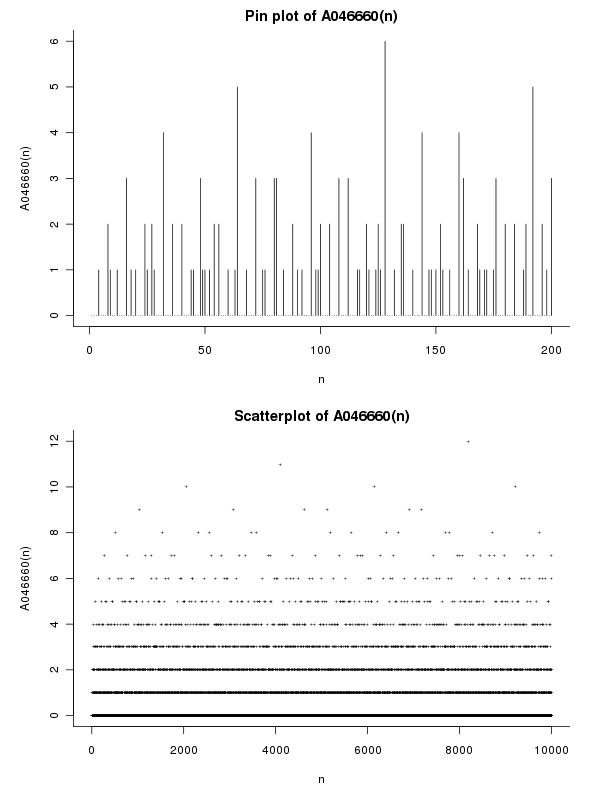For a positive integer n with the prime factorization n = p1^e1 * p2^e2 * ... pk^ek where p1,...,pk are primes and e1,...,ek are positive integers, we can define two functions:
Ω(n) = e1+e2+...+ekthe number of prime divisors (counted with multiplicity) (A001222)ω(n) = kthe number of distinct prime divisors. (A001221)
With those two functions we define the excess e(n) = Ω(n) - ω(n) (A046660). This can be considered as a measure of how close a number is to being squarefree.
Challenge
For a given positive integer n return e(n).

Examples
For n = 12 = 2^2 * 3 we have Ω(12) = 2+1 and ω(12) = 2 and therefore e(12) = Ω(12) - ω(12) = 1. For any squarefree number n we obivously have e(n) = 0. The first few terms are
1 0
2 0
3 0
4 1
5 0
6 0
7 0
8 2
9 1
10 0
11 0
12 1
13 0
14 0
15 0

^is power \$\endgroup\$